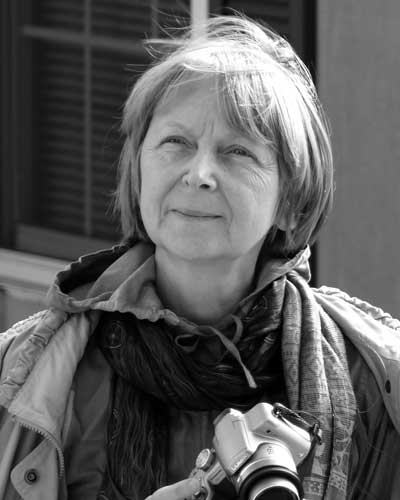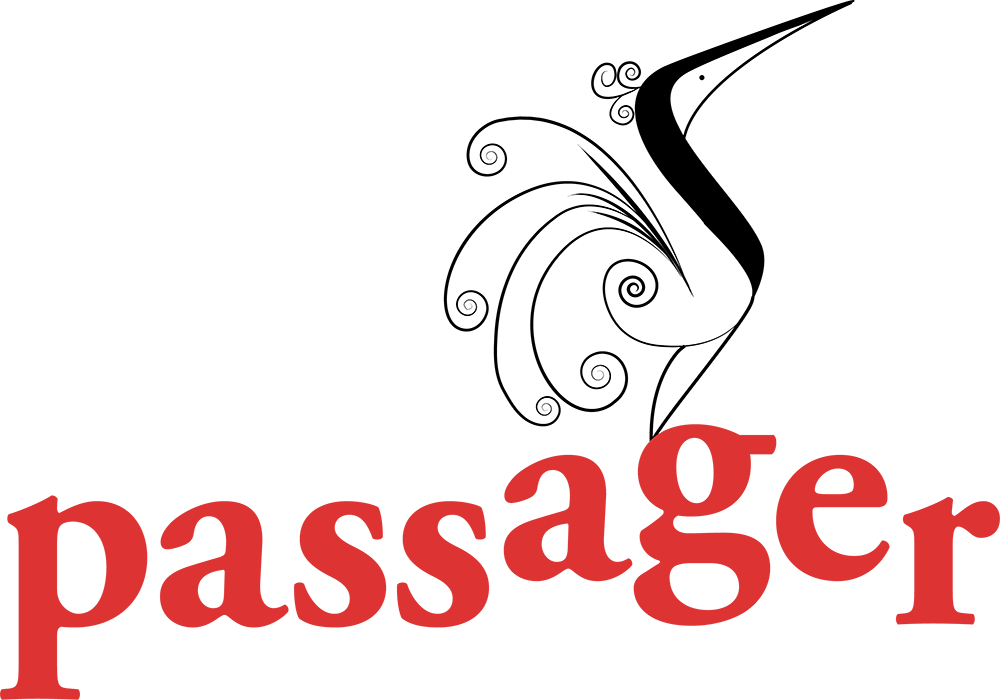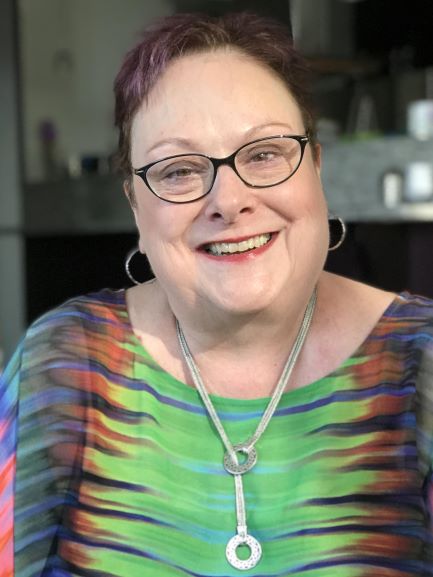The Empowered Reader



From young readers to older writers, featuring work by Bonnie Naradzay, Danuta Kosk-Kosicka and Michael Pikna.
7 minutes
TRANSCRIPT
In 1967 UNESCO designated September 8 International Literacy Day to remind people that literacy is more than just a basic skill, but a pathway to personal empowerment, social inclusion, and economic progress. A lot of Passager writers have talked about how important reading was in their homes when they were growing up. On this edition of Burning Bright, three pieces about reading and literature.
Bonnie Naradzay said that her poem “Reading Dante” was inspired by a course she took at St. Johns College Graduate Institute. She said she wrote her poem in tercets to mirror Dante’s writing. A tercet, by the way, is a group of three lines either that rhyme or that connect by rhyme with an adjacent tercet.
Unable to discern my way through the darkling woods
(how do you even know you’re lost), lured by ancient
travelers, I’m reading The Inferno, imagining Virgil
at my side. I knit my brows the way old tailors do
when bending over threaded needles in the gloom
and read this marked-up copy, my daughter’s text
from high school days, gleaning what she underlined.
I find her penciled comment – “the journey’s
universal.” Later she writes, “What you don’t see
is often more important than what you see.”
And then I see Ulysses in the flames and read
where Virgil intercedes, telling Dante not to speak,
since Homer’s Odysseus speaks classical Greek.
Why does his restless search enthrall me so? Ovid,
himself an exile, seized on what Tiresias foretold,
while Dante continued the story where Ovid ceased,
after Ulysses set out to sea. Who guides a pilgrim
to the good, and what’s the way to virtue and wisdom?
Ulysses heads for the sun as it sinks in the west. I still
mourn his ending. In Auschwitz, Primo Levi speaks
to his friend Pikito about The Inferno and struggles to recall
the lines he learned in school – Ulysses’s finest speech –
when the aging king exhorts his men to take the oars again.
“Listen,” says Levi, in a terrible hurry to deliver the soup
– cabbage and turnips – that day. Feeling the sea close
over his head, Levi reaches the Pillars of Wisdom and quotes,
For you were not formed to live the life of brutes.
From Passager Issue 61, “Reading Dante,” Bonnie Naradzay.
Danuta Kosk-Kosicka said that her poem “The Book She Remembers” was inspired by her
best friend’s ability to guess what book Danuta was trying to recall.
She doesn’t recall the title.
The author, a famous one, perhaps.
The book is thick.
There is a woman. The plot unfolds.
In her head. Something changes.
Down the spiral steps, to the library.
She reappears with a book.
The cover features footprints
that stop at a staircase, letters in two
languages, a half-open gate.
Danuta Kosk-Kosicka’s poem “The Book She Remembers” also from Passager’s Summer 2016 issue.
Michael Pikna said his short story “Just a Moment” was inspired by his sister, who did a lot of babysitting for her younger siblings. Here are some excerpts.
One Saturday afternoon in late spring, when Olivie was six, her mother and father told her that they were going out for coffee and leaving her in charge of her brothers, that they would be back soon . . .
But now she felt as helpless as her brothers. I’m only six, she thought, though she didn’t say anything because she didn’t want to disappoint them. They worked very hard and deserved some time to themselves. At least, that’s what her father said to her mother. Before they went out the door, Petr in her arms and Patrik beside her, her father turned to her and said, “Nevycházejte z domu.” Don’t leave the house . . .
Olivie said nothing. Her parents, especially her father, always had the final say. The sound of the door clicking shut behind them did not scare her; it was when she heard their car driving away, the tether of its sound ultimately broken by the limits of her hearing. She looked at Patrik, her fear clearly reflected in his eyes. She looked at Petr, who blinked at her, then puckered his face, took a deep breath, and let loose a squall, a nonstop caterwauling assault.
She sat at the table with The Cow Who Fell in the Canal open in front of her, a book her father sometimes read to her at night in his thickly accented but workable English. Today she felt much older than she did yesterday, wondering at the sad cow’s silliness instead of delighting in her escapades. “Stupid cow,” she said, glancing obliquely at her father.
Her father, catching the glance, smiled. “The farmer,” he said, shaking his head. “He should be watching out for her.”
Yes, it was the farmer’s fault, she thought. Surely the farmer would take better care in the years to come. It was just a moment of quiet contentment, during which the benevolent angle of the afternoon light, the soothing aroma of evasion coming from the stove, and the shifting of passionate orbits into a peaceful alignment argued in favor of these thoughts. She almost believed them.
Excerpts from Michael Pikna’s story “Just a Moment” that appeared in Passager’s Winter 2024 issue.
To subscribe to or learn more about Passager and its commitment to writers over 50, go to passagerbooks.com. Passager offers a 25% discount on the books and journal issues featured here on Burning Bright. Visit our website to see what’s on sale this week.
For Kendra, Mary, Christine, Rosanne, and the rest of the Passager staff, I’m Jon Shorr.
Due to the limitations of online publishing, poems may not appear in their original formatting.



